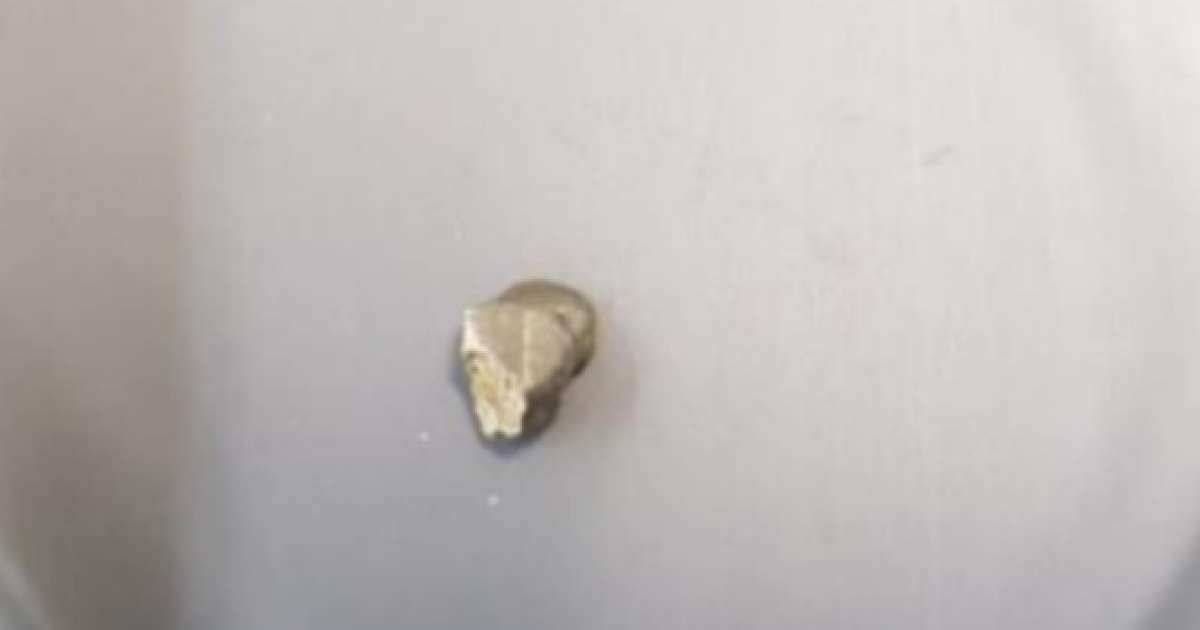Austria’s most popular red wine bears a Nazi’s name and must change it, group argues

Zweigelt grapes with signs of withering. Photo: Karl Bauer
A debate thrown up by Austria's troubled history is gripping the normally sedate wine-growing scene: should the renowned "Zweigelt" variety ditch a name harking back to a Nazi party member.
Created in 1922 by Austrian breeder Fritz Zweigelt (1888-1964), the variety is a cross of the Saint-Laurent and Blaufraenkisch grapes.
It is the most popular red wine in Austria and was initially called "Rotburger" before being renamed after its creator in 1975.
However, this week an artists' collective launched a campaign for the name to be changed again, pointing out that Fritz Zweigelt was an early member of the Nazi party and a fervent anti-Semite.
"No other sector in Austria which was implicated in the Nazi system of terror has stayed as silent as the wine industry," the collective said.
Two growers and a Vienna restaurant have already pledged to start marketing the wine under the name "Blue Monday", an allusion to the possible effects of enjoying the product too much over the weekend.
The Austrian wine promotion body Österreich Wein Marketing has said it is open to a debate on the name but that Fritz Zweigelt's past needed to be investigated more thoroughly.
This isn't the first time the German-language name of a wine has thrown up troubling connotations.
A white variety named "Dr. Wagnerrebe" as an homage to a Nazi politician had to be renamed after the Second World War.
The name was changed to "Scheurebe" in Germany after its creator Georg Scheu and in Austria is sold under the label "Sämling 88".
The figure 88 refers to the serial number of the seedling that Scheu chose for the variety but by unhappy coincidence is also used as code in neo-Nazi circles for the slogan "Heil Hitler", H being the eighth letter of the alphabet.
Austria, annexed to Nazi Germany in the Anschluss of 1938, took a long time post war to examine complicity in Nazi crimes, preferring instead to paint the country as the "first victim".
[contf]
[contfnew]
the local
[contfnewc]
[contfnewc]





